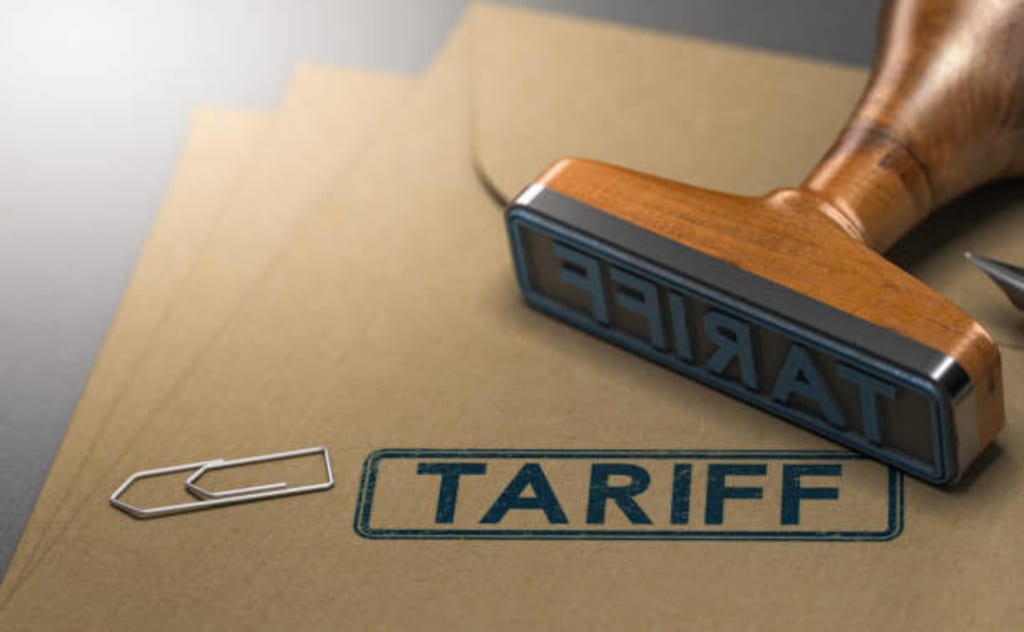
Tariffs and trade agreements are essential tools for shaping international trade and have a significant impact on the U.S. economy. They can affect industries, jobs, and the overall growth of the economy. In recent years, the U.S. government has implemented tariffs on various goods and renegotiated trade agreements with other countries. This has led to both positive and negative effects on the U.S. economy.
Tariffs are taxes that the government places on imported goods. The U.S. government has implemented tariffs on a variety of goods, including steel, aluminum, and certain Chinese imports. These tariffs are intended to protect domestic industries and jobs by making imported goods more expensive. The idea behind this policy is that it will help domestic producers compete with foreign producers by making their products relatively cheaper. However, tariffs can also lead to higher prices for consumers and increased costs for businesses that rely on imported goods. This can lead to inflation and decreased purchasing power, which can slow down the economy. Additionally, tariffs can lead to trade retaliation, where other countries place tariffs on U.S. exports, further damaging the economy. This can lead to a decrease in exports and jobs in the export-oriented industries.
Trade agreements, on the other hand, are agreements between countries to reduce or eliminate tariffs and other trade barriers. The U.S. has been a part of several trade agreements, including the North American Free Trade Agreement (NAFTA) and the Trans-Pacific Partnership (TPP). These agreements have been beneficial for the U.S. economy, as they have increased exports and created jobs. For example, NAFTA has led to an increase in trade between the U.S., Canada, and Mexico and has created jobs in the export-oriented industries. However, the U.S. government has withdrawn from the TPP and has renegotiated NAFTA with Canada and Mexico, which has led to uncertainty for businesses and industries that rely on trade with these countries. This uncertainty can lead to a decrease in investment and hiring, which can slow down the economy.
The U.S.-China trade war has also had a significant impact on the U.S. economy. The U.S. government has imposed tariffs on Chinese imports, and China has responded with tariffs on U.S. exports. This has led to increased costs for businesses and consumers, and has led to a slowdown in the growth of the U.S. economy. The ongoing trade tensions have also led to uncertainty for businesses, making it difficult for them to plan for the future. This uncertainty can lead to a decrease in investment and hiring, which can slow down the economy. Moreover, the trade war has led to a decrease in exports and jobs in the export-oriented industries.
Moreover, tariffs and trade agreements can have a significant impact on specific industries. For example, the tariffs on steel and aluminum have led to an increase in prices for these products, which has benefited domestic producers of these products. However, it has led to increased costs for businesses that use these products in their production process. This can lead to a decrease in competitiveness and jobs in these industries. Similarly, the tariffs on Chinese imports have led to an increase in prices for consumer goods, which can lead to a decrease in purchasing power and jobs in the retail industry.
Overall, tariffs and trade agreements can have both positive and negative effects on the U.S. economy. Protectionist trade policies can protect domestic industries and jobs, but they can also lead to higher prices for consumers and increased costs for businesses. Free trade agreements can increase exports and create jobs, but they also require businesses to adapt to changing trade conditions. The U.S. government's recent trade policies have led to uncertainty for businesses and industries, and have had a negative impact on





Comments
There are no comments for this story
Be the first to respond and start the conversation.